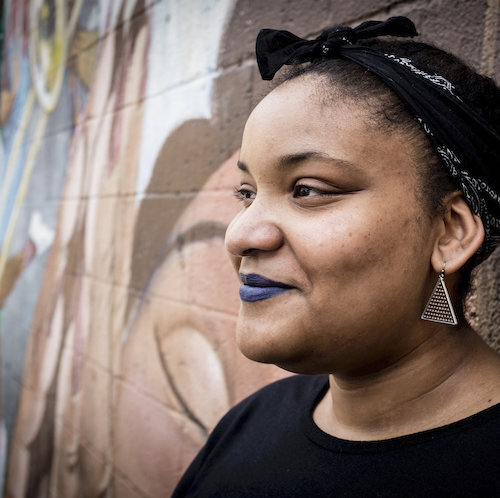Trust-Based Blog
Reimagining philanthropy begins with learning out loud.
By sharing ideas, with curiosity and humility, the Trust-Based Philanthropy Project blog features trust-based grantmakers who talk about their own lessons, questions, and aha-moments along their power-sharing journeys.

From Sex Workers to Chicken Farmers: Trust Based Philanthropy at Work in a Pandemic
When COVID-19 hit eastern Kenya, it shuttered entertainment spaces, brought strict curfews, and even stricter social distancing laws. Facing a sudden loss of income, some local sex workers turned to our grantee, EMAC, for help. They, in turn, came to us with a novel idea: training sex workers to become chicken farmers, giving them a sustainable source of income during the pandemic.

Healthy Relationships Help Us Deliver On Our Mission
“Trust-based philanthropy means that we’re understanding needs in the community, and that’s how we meet our mission.” -Denise Swartz

Toward a Trust-Based Framework for Learning and Evaluation
In January 2022, more than 500 people across philanthropy joined us for a webinar exploring the question, “What does a more equitable and trust-based approach to learning and evaluation look like?” This blog post is a follow-up that webinar, and highlights lessons and insights about how funders can bring more trust and equity into learning and evaluation.

Trust-Based Philanthropy: A Love Letter (from a Former Fundraiser)
In this reflection, Headwater Foundation’s Robyn Windham examines trust-based philanthropy through the lens of a former fundraising professional, from lessening the burden on grantees to building mutually accountable relationships between funders and nonprofits.

Let’s Admit Our Mistakes (And Learn From Them)
“There are pitfalls on this journey. The most important thing is to keep learning, document, and incorporate the lesson for the next time.” -Raymael Blackwell

We Journey with Partners to Listen and Learn
“Just like we had to reexamine our grantmaking to build trust, we also had to reimagine our learning and evaluation to find more authentic and meaningful ways of articulating change.” -Corey Oser

